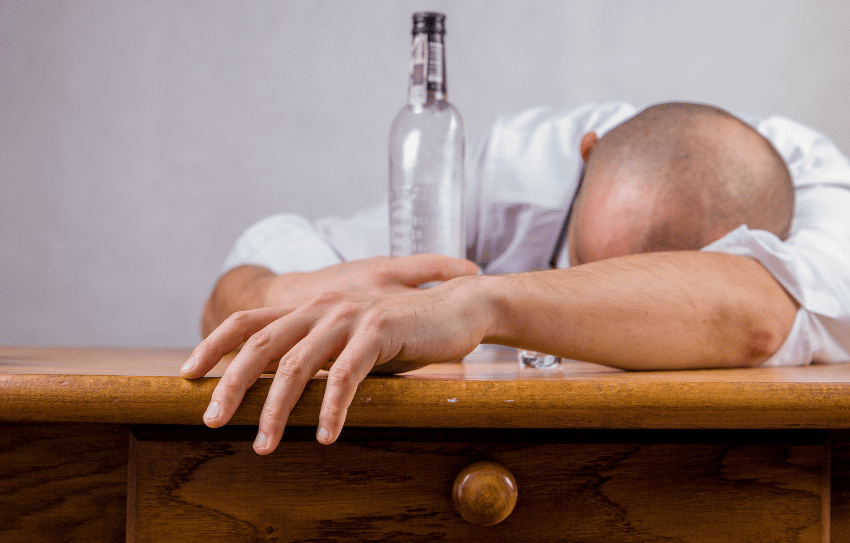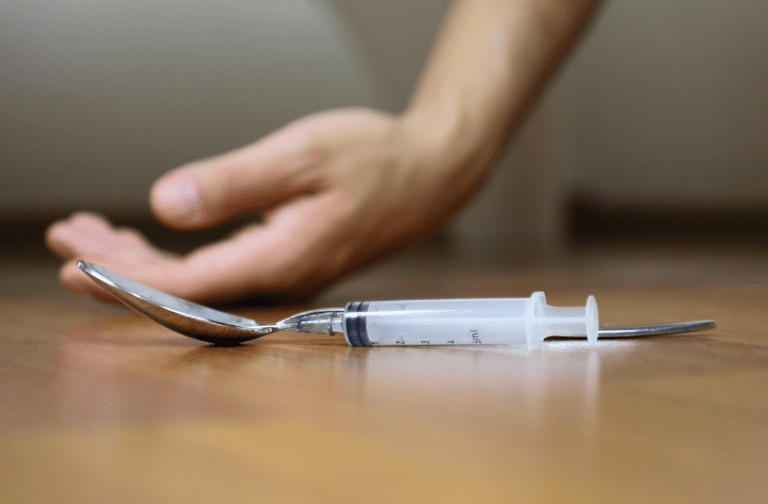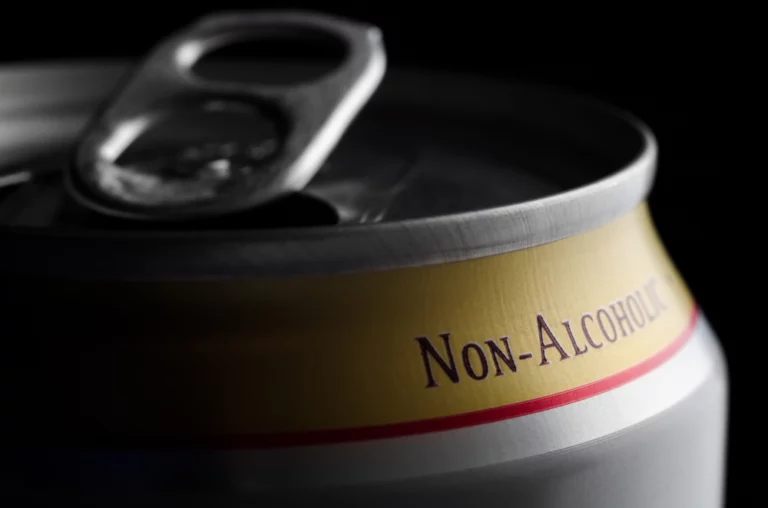Risks of “Speedballing”
There are many risks and dangers of combining substances. One of the original uses for the term “speedballing” specifically referred to the combination of cocaine and heroin. The meaning of “speedballing” has shifted over time but the basic concept remains. In the case of cocaine and heroin, an individual is abusing a combination of a stimulant or upper (cocaine) and an opioid or depressant (heroin).
The combination of uppers and downers can come in many forms but what all of them have in common is the increased potential for harmful side effects. Speedballing increases the likelihood of overdose. Combinations of substances also tend to make addictions more severe and encourage the potential for relapse.
Physical Effects of “Speedballing” on The Body
Combining a stimulant and a depressant results in a rush. This typically has the desired side effect of intense euphoria. Those who are abusing drugs sometimes think speedballing is a good idea because they are under a false belief that negative side effects associated with withdrawal can be avoided by using this method. Instead, it is more likely to risk serious heart problems, such as palpitations, hypertension, and high anxiety.
Another risk is that those who use combinations of drugs sometimes believe they have a higher level of tolerance or are less intoxicated than they might actually be. This may incentivize them to use additional drugs putting them at greater risk for overdose or other serious health consequences.
Using cocaine results in your body needing more oxygen. Using a depressant like opiates results in slower breathing rates. You can see why this poses a serious health risk. A person who abuses combinations of uppers and downers can slow their respiration to a point where they stop breathing.
Mental Health Issues Associated with “Speedballing”
Studies have shown that “speedballing” is correlated with an increased risk of depression and anxiety. Individuals who have substance abuse disorders are often in need of mental health counseling to better understand the root cause of why they desire to self-medicate.
Those with an addiction often have a co-occuring mental health issue such as Generalized Anxiety Disorder (GAD) or Major Depressive Disorder (MDD). Consulting with a mental health professional such as a therapist can help those with drug and alcohol addictions better understand themselves, their personal issues, and help them find ways to live without the need for substances.
A mental health counselor in a treatment program can help those with addiction receive a proper diagnosis. Dual diagnosis is very common. Receiving a dual diagnosis helps doctors and clients better understand how to develop a personalized treatment plan for lasting recovery.
Choose Oasis Recovery for Addiction Recovery
If you or someone you love is experimenting with combinations of drugs that may put them at increased risk for dangerous side effects and severe addiction, we encourage you to reach out to us for assistance. Our doctors and mental health experts can help provide you with the information you need to make better decisions about your health and recovery.
We work with clients to form a comprehensive treatment plan that is tailored to fit your individual needs. Common programs include:
- Partial Hospitalization Program (PHP)
- Intensive Outpatient Program (IOP)
- Outpatient Treatment (OT)
- Relapse Prevention
- Aftercare Program
Our mental health professionals are trained in traditional and holistic forms of care that can help clients better understand their core issues, learn life skills to avoid high risk triggers, and develop a treatment plan to attain lasting recovery. Common mental health services include:
- Cognitive-behavioral therapy (CBT)
- Dialectical behavior therapy (DBT)
- Individual therapy
- Group therapy
- Family therapy
We look forward to working with you on helping you live your best life. Reach out to us today to speak with a specialist about recovery options that make sense for your and your personal circumstances.











